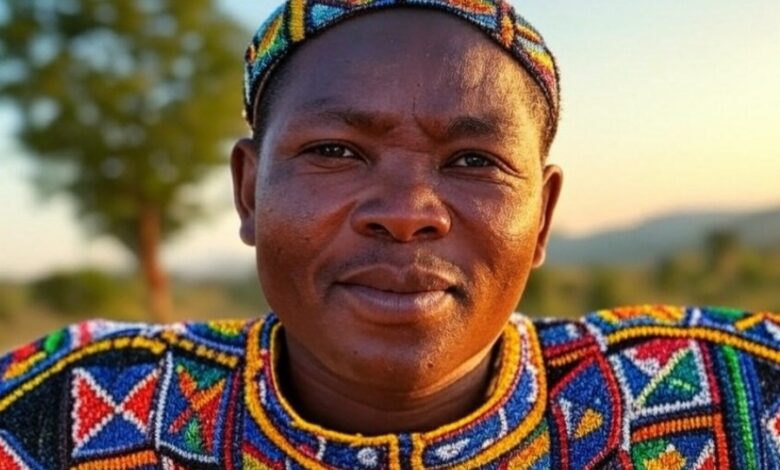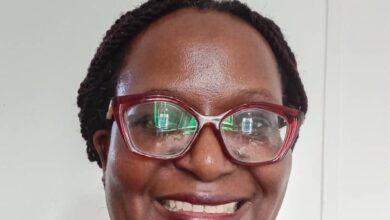Echoes of Heritage: The Xhosa People in Zimbabwe

Peter Moyo
In the heart of Matabeleland, nestled around the Mbembesi area near Bulawayo, a community of Xhosa people has been quietly preserving a rich tapestry of culture and language that stretches back centuries.
Despite being a minority in Zimbabwe, the Xhosa community has carved out a niche, maintaining their identity amidst a diverse cultural landscape. Xhosa is listed as one of the 16 official languages in Zimbabwe.
The story of the Xhosa in Zimbabwe is one of migration, adaptation, and resilience. Originally from the Eastern Cape of South Africa, the Xhosa, or amaXhosa as they call themselves, migrated to what was then Rhodesia in the early 20th century. Historical accounts suggest they arrived with the Pioneer Column, a group that facilitated the occupation of the country by colonial powers, and were subsequently rewarded with land titles in the Mbembesi area.
Albert Ntsika, a member of the community, reflects on this journey, saying, “Our fathers came with the hope of new beginnings, but they never forgot where they came from. They brought their language, their songs, their spirit.”
Today, the Xhosa community in Zimbabwe stands as a testament to the enduring strength of cultural identity. Nomhle Ncume emphasizes the importance of language, stating, “IsiXhosa is not just words; it’s a bridge to our ancestors, to our philosophy, to our way of seeing the world.”
The Xhosa are known for their unique traditional dress, including beads for both men and women, and the carrying of sticks by men, which signify their cultural pride and heritage. Their music, featuring drums, mouth harps, and group singing, plays a central role in ceremonies.
Ntsika has been instrumental in rallying his community to preserve their heritage. He speaks of the importance of the circumcision ritual, ulwaluko, as a defining moment in a Xhosa male’s life, saying, “Ulwaluko is not just about becoming a man; it’s about understanding your responsibilities to your community, to your culture. It’s where you learn that you are part of something much bigger than yourself.” He also champions initiatives to keep the language from extinction among younger generations.
However, life for the Xhosa in Zimbabwe is not without its challenges. There’s an ongoing struggle to maintain cultural practices in a modernizing world. The younger generation sometimes faces the dilemma of choosing between traditional values and contemporary influences.
Zintle Majola, a young Xhosa woman, shares her perspective, “Sometimes it feels like you have to choose between being Xhosa and being modern. But why can’t we be both? I wear my beads to school, and I speak isiXhosa at home, but I also want to be a doctor.”
As Zimbabwe moves forward, the Xhosa community continues to navigate their identity with pride. Their story is one of a diaspora community that has managed to keep its cultural flame burning bright, even as they integrate into the broader Zimbabwean society. They are a living bridge between the past and the present, demonstrating how culture can transcend borders and time, adapting yet remaining fundamentally the same.
In the words of Ntsika, looking towards the future, “We will continue to dance our dances, sing our songs, speak our language, because that is who we are. We are Xhosa in Zimbabwe, and we are here to stay.”





